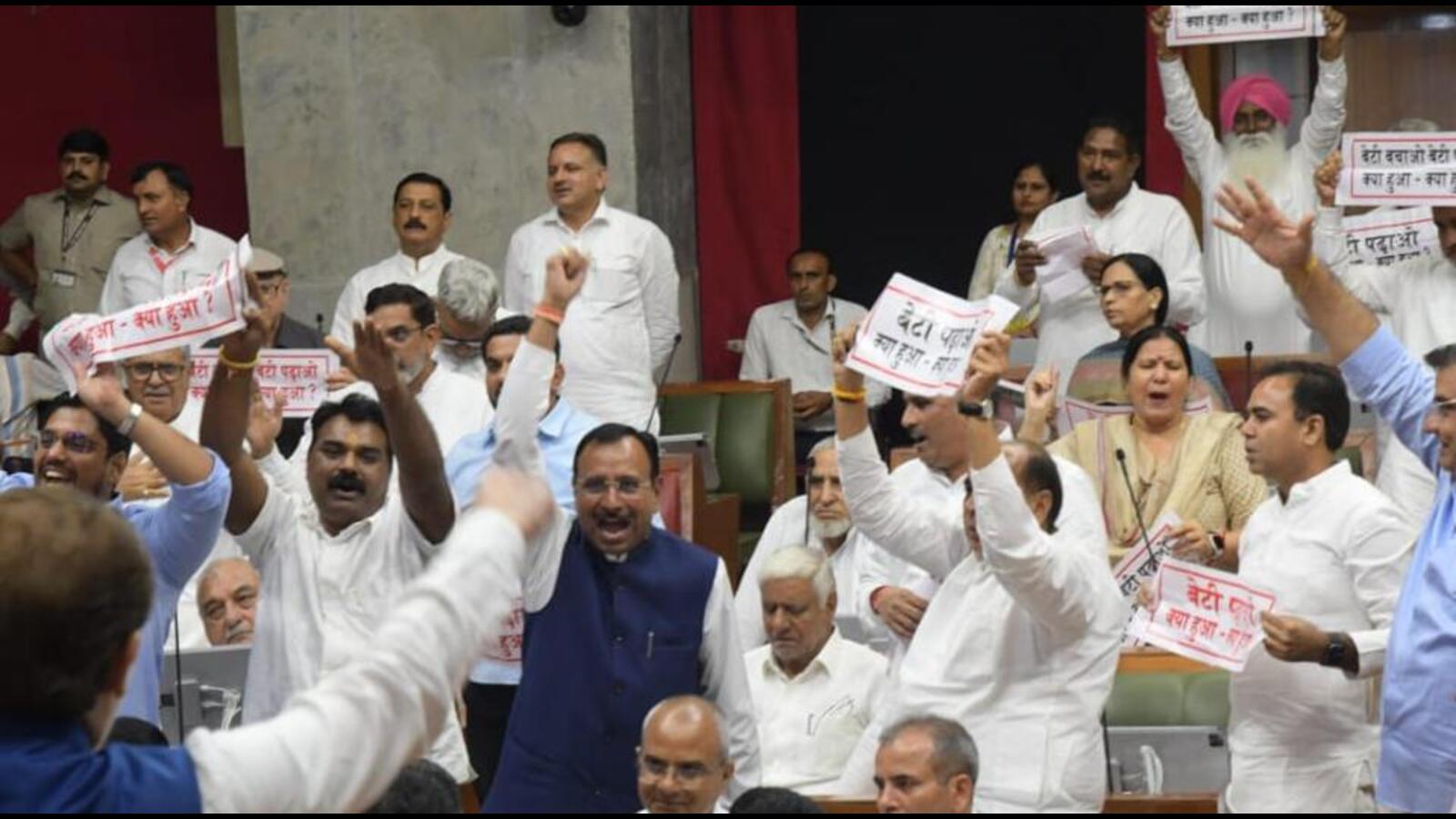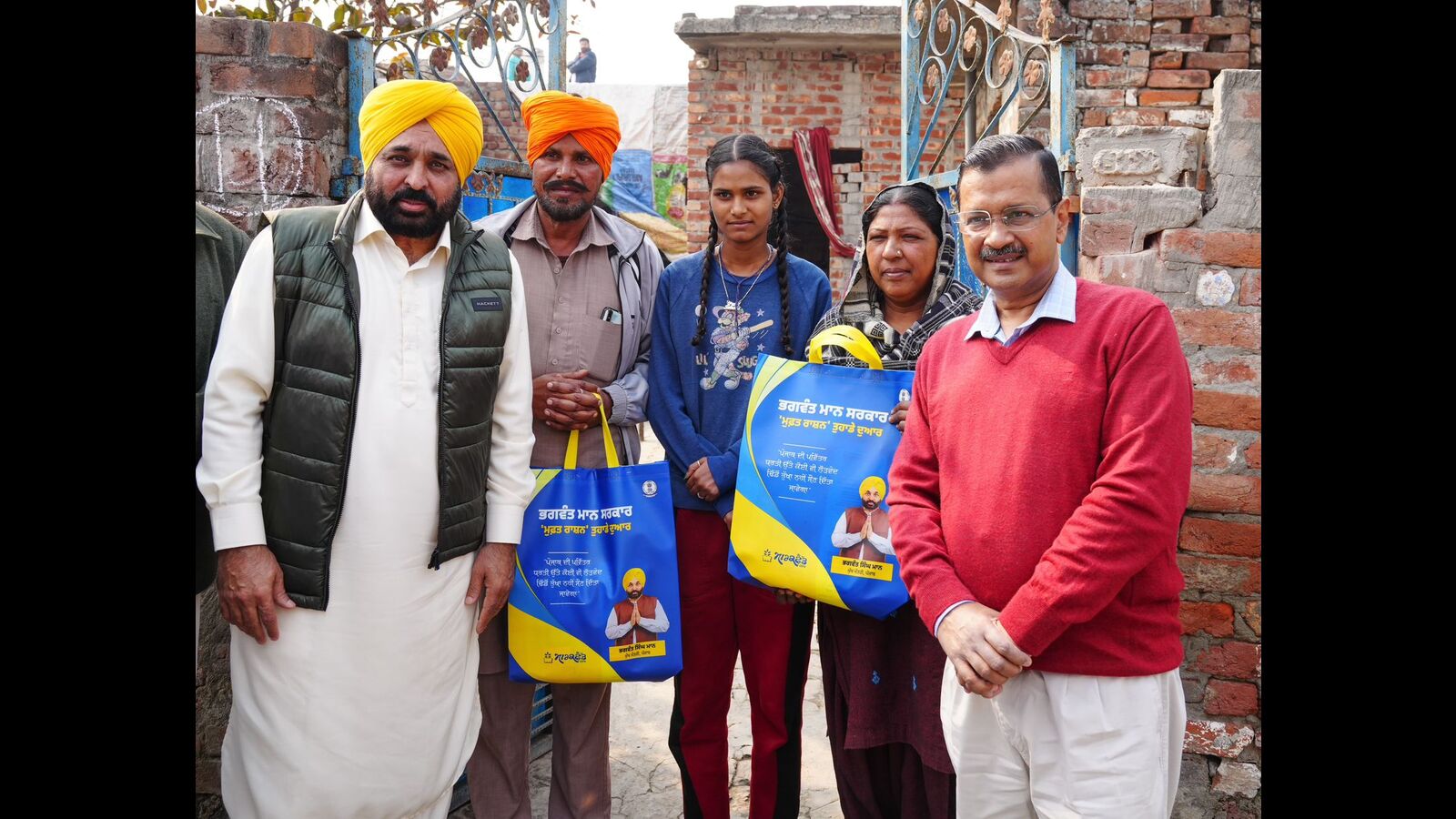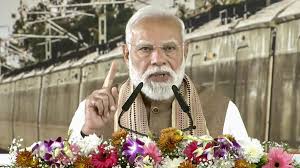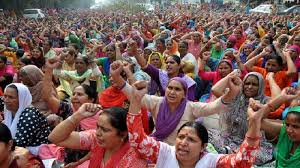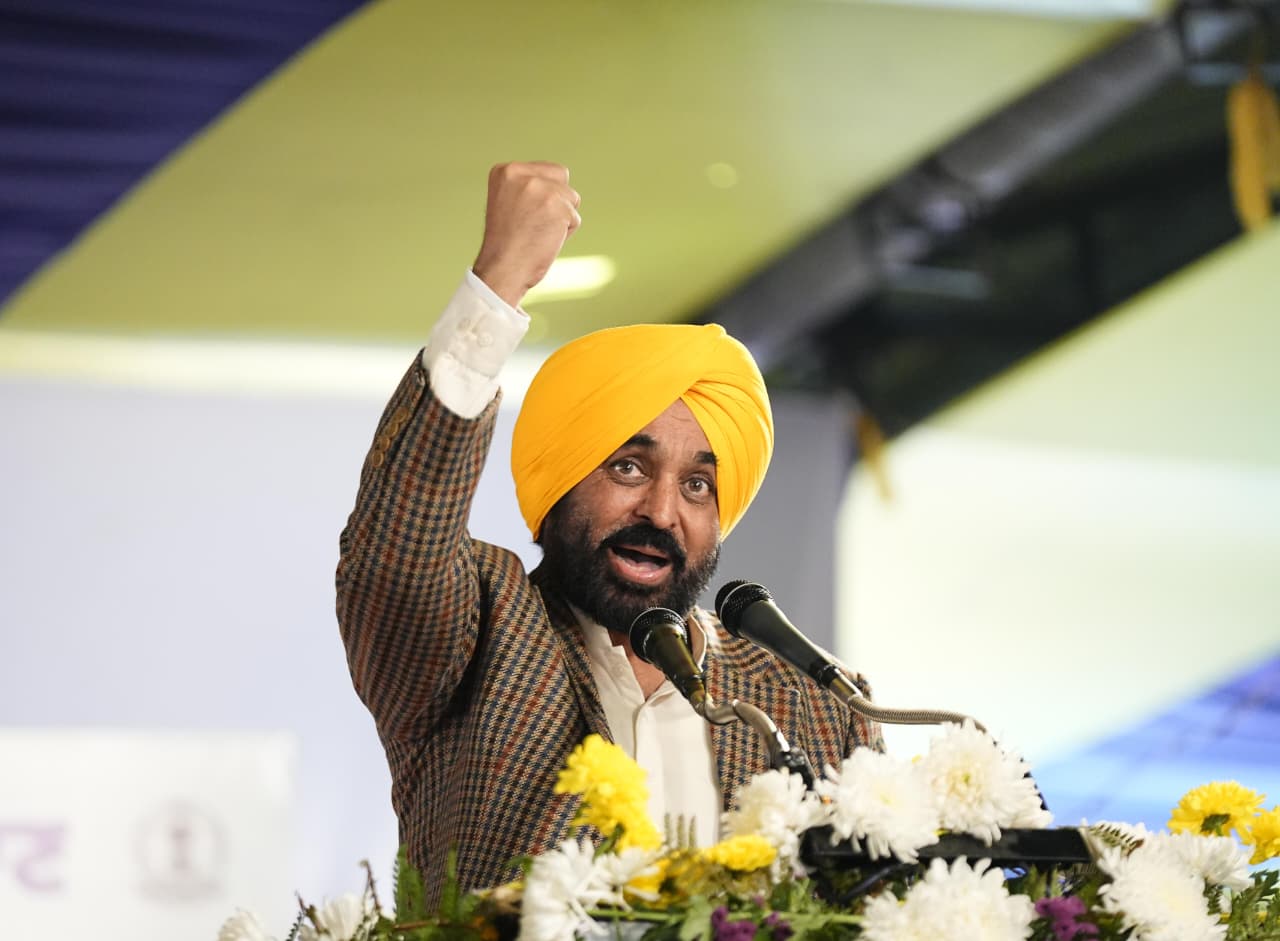Listen To This Post
Chandigarh: As shops light up for the festive season, thousands of Punjab’s anganwadi workers say their homes are slipping into darkness. For six long months, the honorarium, which forms nearly half of their modest salary, has not reached their bank accounts, leaving many women struggling to buy even essentials for their families.
At nearly 27,000 anganwadi centres across the state, over 50,000 women serve as frontline caregivers — feeding children, recording health data, distributing rations and sanitary pads, and supporting government schemes. Yet, these very women are struggling to feed their own families this festive season.
Reshma, an anganwadi worker from Fazilka, said with a sigh, “October is the month of festivals, but what celebration can we talk about when we don’t even get our full salary? Forget bonuses, we can’t even afford sweets for our children.”
The workers are entitled to ₹11,000 per month, out of which ₹4,500 is the honorarium component. Since April, this amount — ₹3,000 from the Centre and ₹1,500 from the state government — has not been credited. For women who depend on every rupee to run their households, the delay has been crushing.
On Saturday, hundreds of workers gathered outside the Social Security Department office in Chandigarh to demand their dues. Many carried placards instead of festive shopping bags. Their union leaders warned that if the payments are not released soon, they will be forced to bar Social Security Minister Dr Baljit Kaur from entering villages.
Union president Hargobind Kaur said, “We are already overburdened with duties — from E-KYC of ration cards to record-keeping under Udaan. The government hasn’t even provided us with proper smartphones or a recharge allowance. And now, they withhold the little honorarium we get. How do they expect us to survive?”
For years, anganwadi workers received their pay on the third of every month, under successive governments. Now, the uncertainty has broken trust. Some say they borrow from relatives; others have mortgaged small pieces of jewellery to buy rations.
What makes the pain sharper is the timing. In many households, Diwali is a time to buy new clothes for children, light diyas, and share sweets with neighbours. But this year, anganwadi workers say they can hardly afford cooking oil, let alone festive treats.
“We look after the state’s children like our own. But when it comes to our children, the government forgets us,” Reshma said quietly, holding back tears. As the festive season draws near, these women remain caught between the Centre and the state, their struggles overshadowing the celebrations they once looked forward to.





